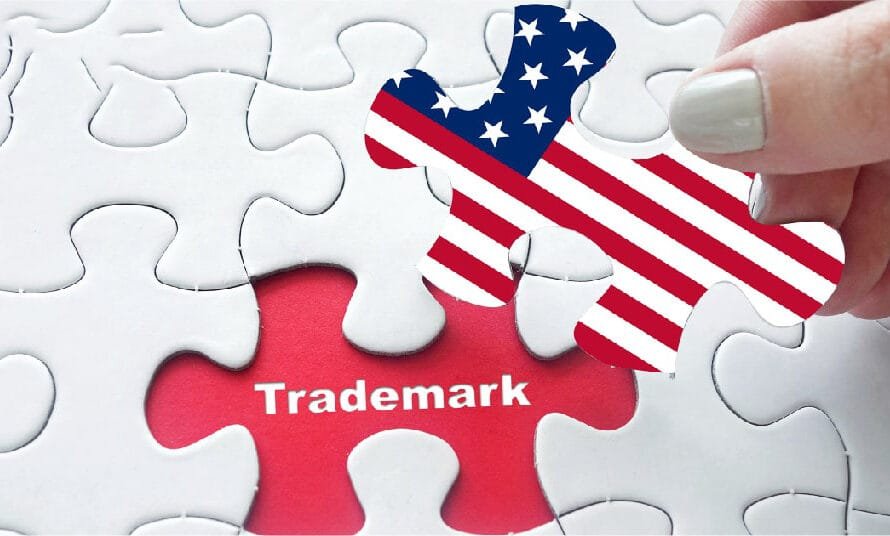The Art of the Agreement: Crafting Clear Contracts for Business Success
In the dynamic world of business, to avoid any conflict and litigation, sound and clear agreements are the foundation of trust and collaboration. A well-written agreement acts as a roadmap, outlining expectations, safeguarding interests, way of dissolution and minimizing the risk of misunderstandings. Here are the most considerable clauses that may protect your business and fosters a smooth working relationship:
Confidentiality | Severability | Assignment |
Indemnification | Intellectual property | Consideration |
Termination | Cancellation clause | Copyright Clause |
Force majeure | Payment terms | Amendment |
Jurisdiction | Liability | Scope of work |
Dispute resolution | Warranties | Arbitration clause |
Damages | Parties | An integration clause |
- Laying the Groundwork: Identify Parties and Purpose
The first step is establishing the, who and why of your agreement. Clearly identify all parties involved, including their legal names and designations. Outline the purpose of the agreement – is it a service agreement, a non-disclosure agreement (NDA), or a sales contract? Specificity is key!
- Defining the Scope of Work and Deliverables
Either it is service agreement or agreement for partnership, sale, agent, employee, tenant etc, outline the specific tasks, duties, roles, objectives, deliverables, and timelines. Clearly define success metrics to ensure all parties are on the same page regarding expectations.
- Responsibilities and liabilities:
Clearly define both parties’ responsibilities and potential liabilities to avoid misunderstandings and ensure a smooth transaction.
- Confidentiality: Protecting Sensitive Information
If your agreement involves sensitive information, a non-disclosure agreement (NDA) becomes crucial. This clause safeguards confidential data, specifying what information is protected, for how long, and the permissible uses of said information.
- Intellectual property:
Whether it is agreement between the employer and employee or principal and agent or tenant and landlord, it is very important to define the rights of intellectual properties that who will own. Sometimes, agents, employees etc work on different terms and required intellectual property rights.
- Damages:
Damages is also an important clause to insert in agreement which define that who will be responsible for damages in case of either negligence or not.
- Dispute Resolution: Charting a Course for Conflict Resolution
Agreements should anticipate potential disagreements. Include a dispute resolution clause outlining the preferred method for resolving conflicts. This could involve mediation, arbitration, or litigation, depending on the nature of the agreement and your risk tolerance.
- Termination Clause: Defining Exit Strategies
Foreseeing potential roadblocks demonstrates foresight. A well-defined termination clause outlines the circumstances under which either party can terminate the agreement. Specify the notice period required and any associated fees or penalties.
- Force Majeure
Include a Force majeure clause in contracts to remove liability for unforeseeable and unavoidable catastrophes that interrupt the expected course of events and prevent participants from fulfilling obligations. These clauses generally cover natural disasters, such as hurricanes, tornadoes, and earthquakes, as well as human actions, such as wars, armed conflict and man-made diseases.
- Payment Terms: Leaving No Room for Ambiguity
Again, financial clarity is paramount. Specify the payment schedule with other parties in agreement whether they are employees, tenants, agents, and partners. Mention timelines, the total amount, payment milestones (if applicable), and accepted payment methods. If required, also outline any late payment penalties to incentivize timely transactions.
- Accounts and Finance:
In some cases, an accounts and finance clause may be necessary. This might be relevant for agreements between partners or principals and agents, where profit or commission distribution requires sound bookkeeping practices.
- Governing Law:
Specify the governing law that will be applied in case of disputes. This is typically the law of the jurisdiction where the agreement is signed or where the work will be performed.
- Signatures, The Final Touches
Once all parties are satisfied with the agreement, formalize it with authorized signatures and designated dates. Witness from all the parties should also sign.
Crafting a Winning Agreement: Partner with BizCon Global
While this article provides a foundational framework, consulting with a qualified legal professional is highly recommended. They can tailor the agreement to your specific needs, ensuring it adheres to legal requirements and effectively protects your business interests.
With a well-crafted agreement in place, you can navigate business partnerships with confidence, fostering a collaborative environment and paving the way for long-term success.
At BizCon Global we have team of legal expertise that can help you craft a winning agreement. Consult today!



